Dilatometry measures the change in size of a sample as a function of temperature. In addition to directly determining the thermal expansion of the sample, the change in size also provides information about phase transitions and physical or chemical changes in the microstructure. These can be identified by the associated changes in density and rate of expansion of the material. Dilatometry is also an extremely useful method for evaluating the sintering behavior of materials, as it records both the shrinkage of a sintered sample and the temperatures required to achieve this change. This analysis allows optimization of workpiece shapes and processing temperatures, improvement of product quality and reduction of costs.
Key Features
- Patented, linear motor and high-resolution displacement sensor provide unmatched control over the widest ranges of force, displacement, and frequency, for superior data accuracy
- Ultra-durable, frictionless motor, backed by the industry’s only ten-year warranty, provides maintenance- and worry-free operation
- High force of 500 N enables testing of larger samples or final parts under real-world conditions, by achieving higher loading levels in both DMA and fatigue analysis
- Forced Convection Oven (FCO) provides superior control and responsiveness over a temperature range of -150 °C to 600 °C for the highest degree of accuracy and flexibility in experiment thermal profiles
- Large Sample Oven (LSO), with a temperature range of -150 °C to 315 °C, offers spacious interior dimensions to accommodate testing of large samples or component
- Air Chiller Systems (ACS) offer unique gas flow cooling for sub-ambient testing without the use of liquid nitrogen, eliminating potential laboratory hazards while providing an incredible return on investment
- Broad range of fixtures accommodate a wide range of sample sizes and geometries adding to testing versatility
- Extremely rigid test frame and air bearings ensure the most accurate results on samples of very high stiffness
- Multi-color status lights provide clear and visible indication of instrument and test status
- WinTest® and TRIOS Software packages provide powerful and easy-to-use instrument control and data analysis for the ultimate flexibility in experimental design

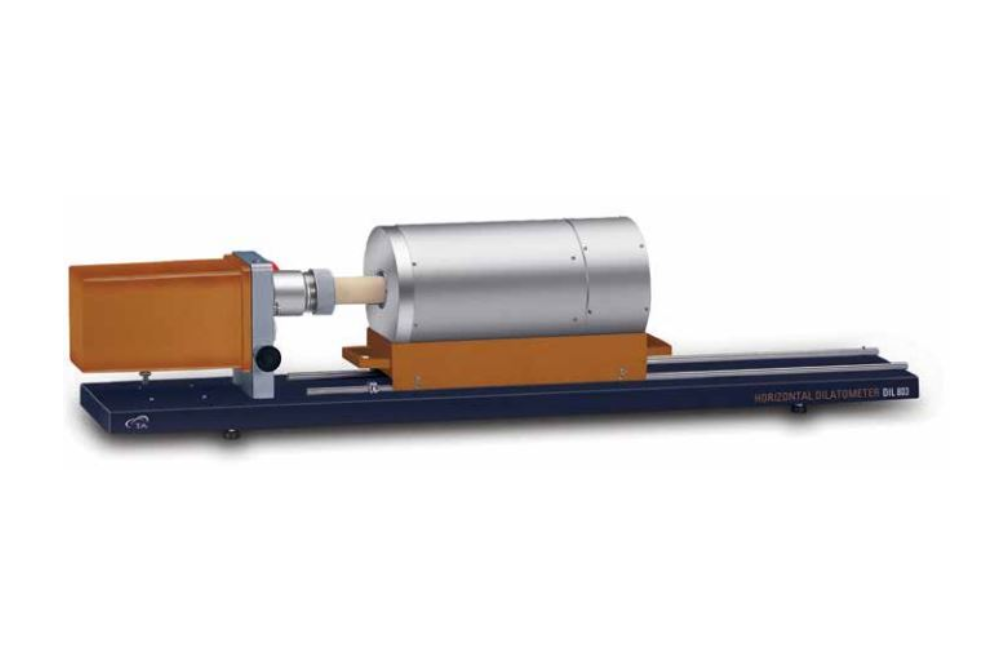
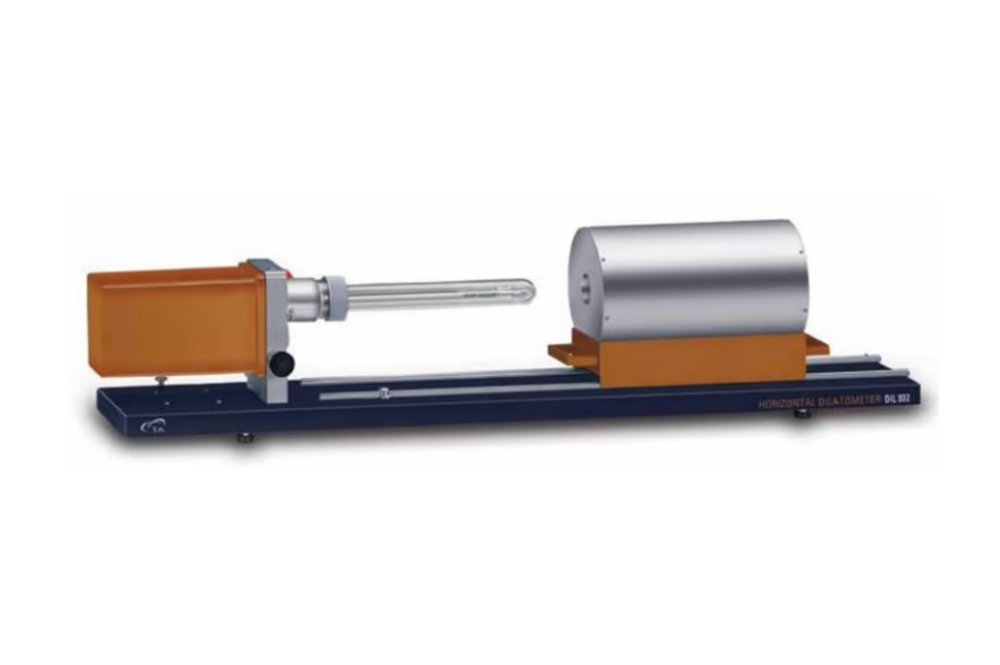
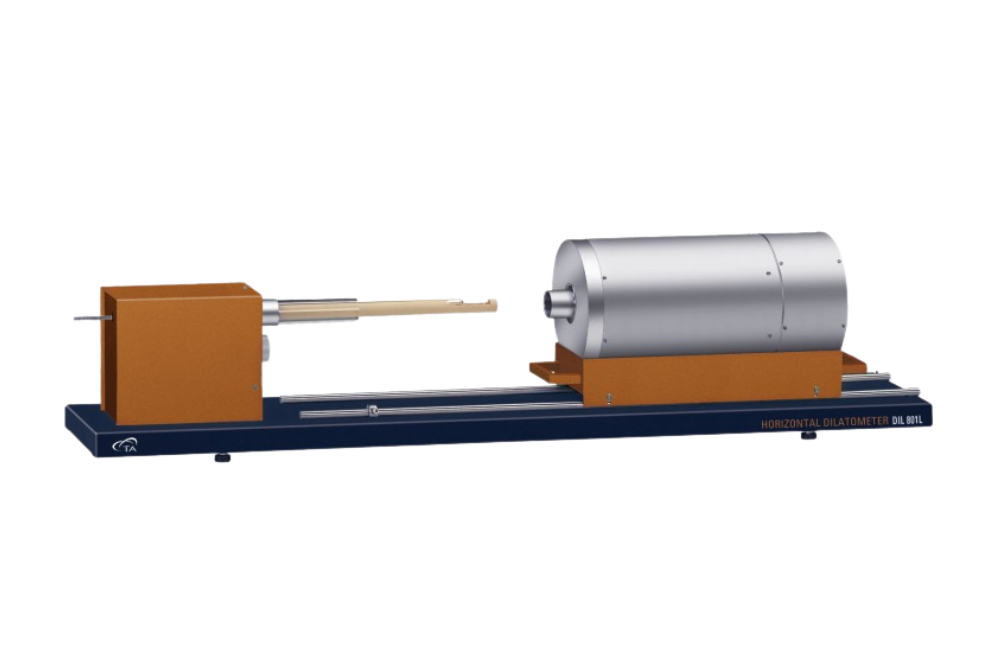
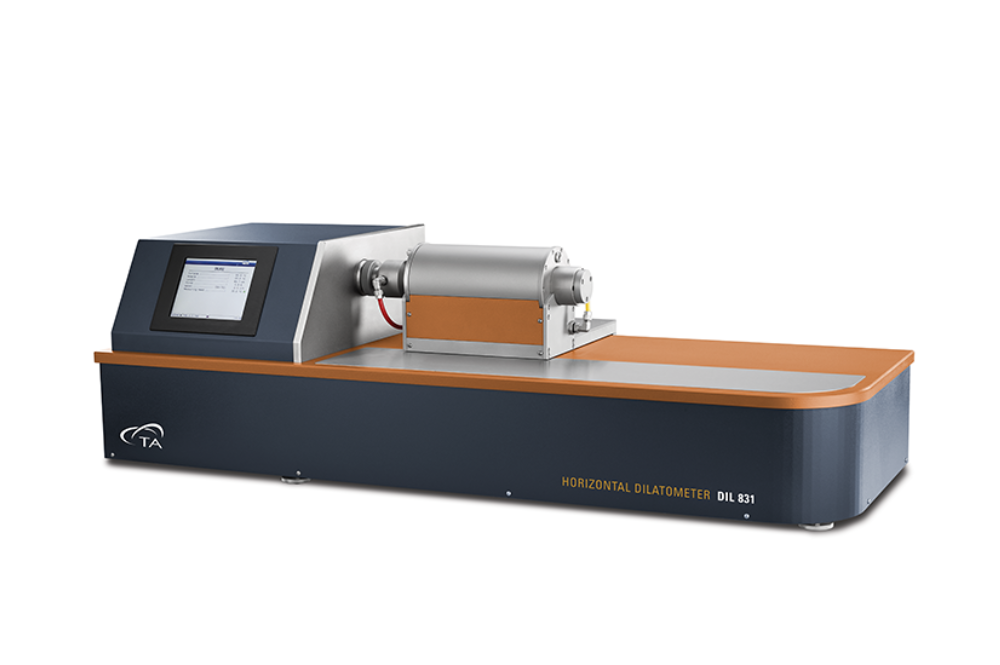
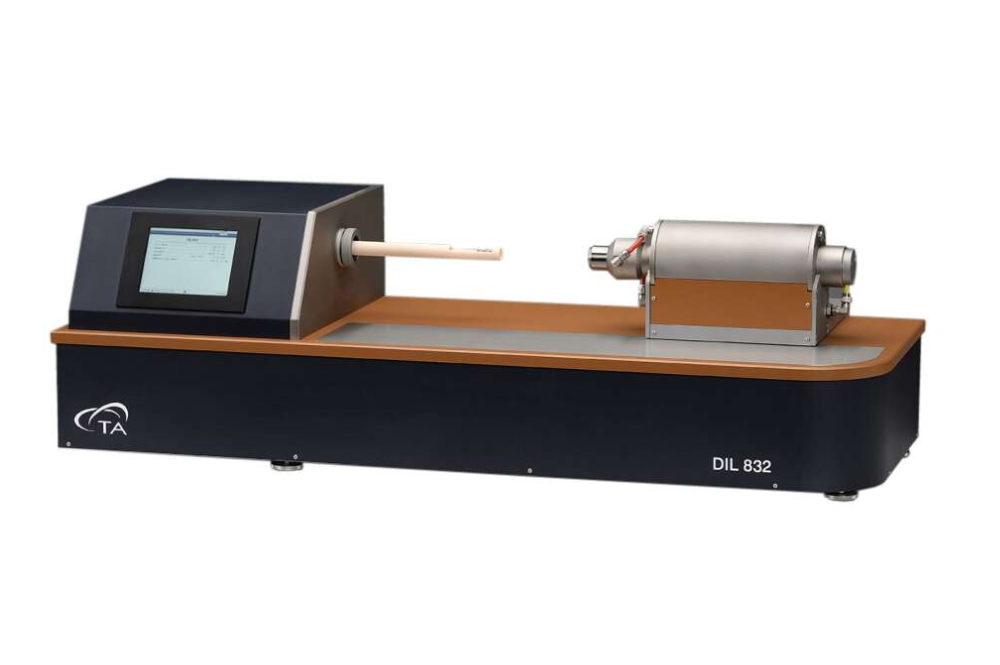
 TA instruments provides innovative material characterization instruments that are widely used for research, analysis, and quality control in the evaluation of physical properties. We are the world’s leading supplier of thermal analysis, rheology, and microcalorimetry instruments, and our product areas have expanded to include thermal conductivity & diffusivity, dilatometry, rubber testing, and dynamic mechanical characterization.
TA instruments provides innovative material characterization instruments that are widely used for research, analysis, and quality control in the evaluation of physical properties. We are the world’s leading supplier of thermal analysis, rheology, and microcalorimetry instruments, and our product areas have expanded to include thermal conductivity & diffusivity, dilatometry, rubber testing, and dynamic mechanical characterization.